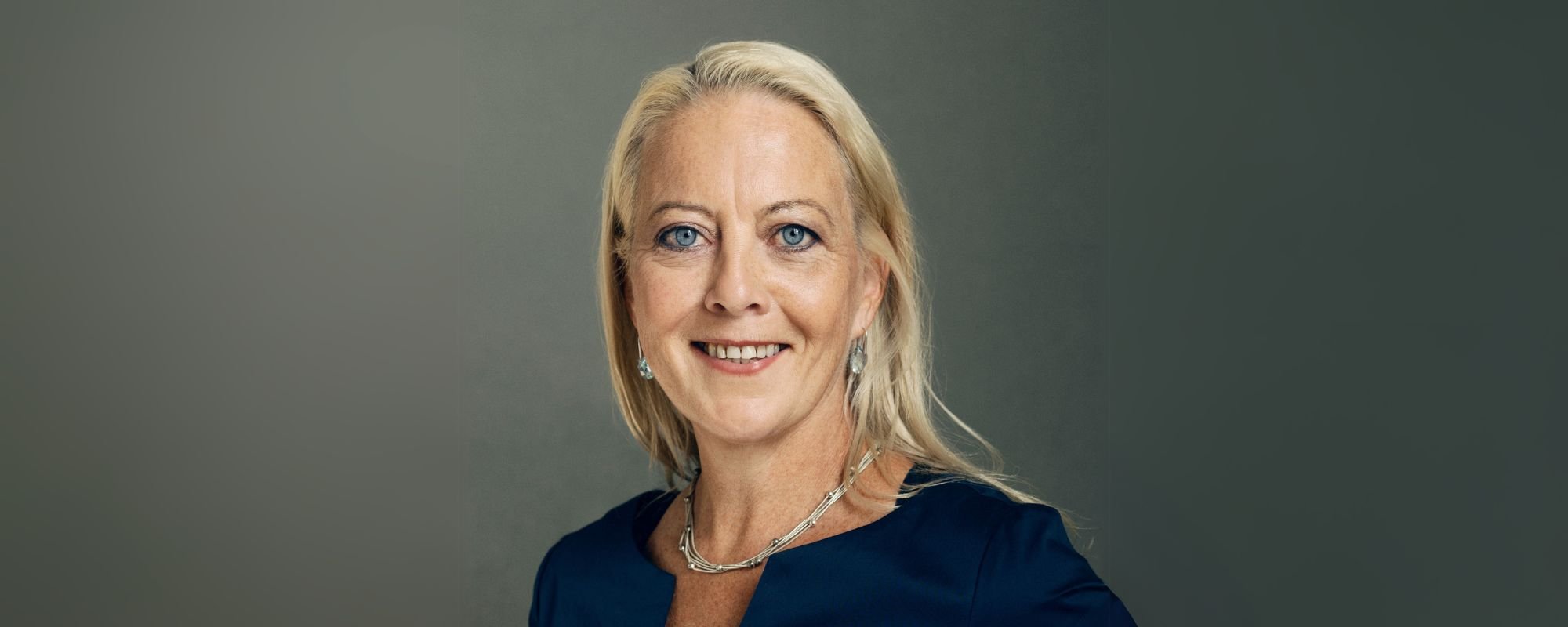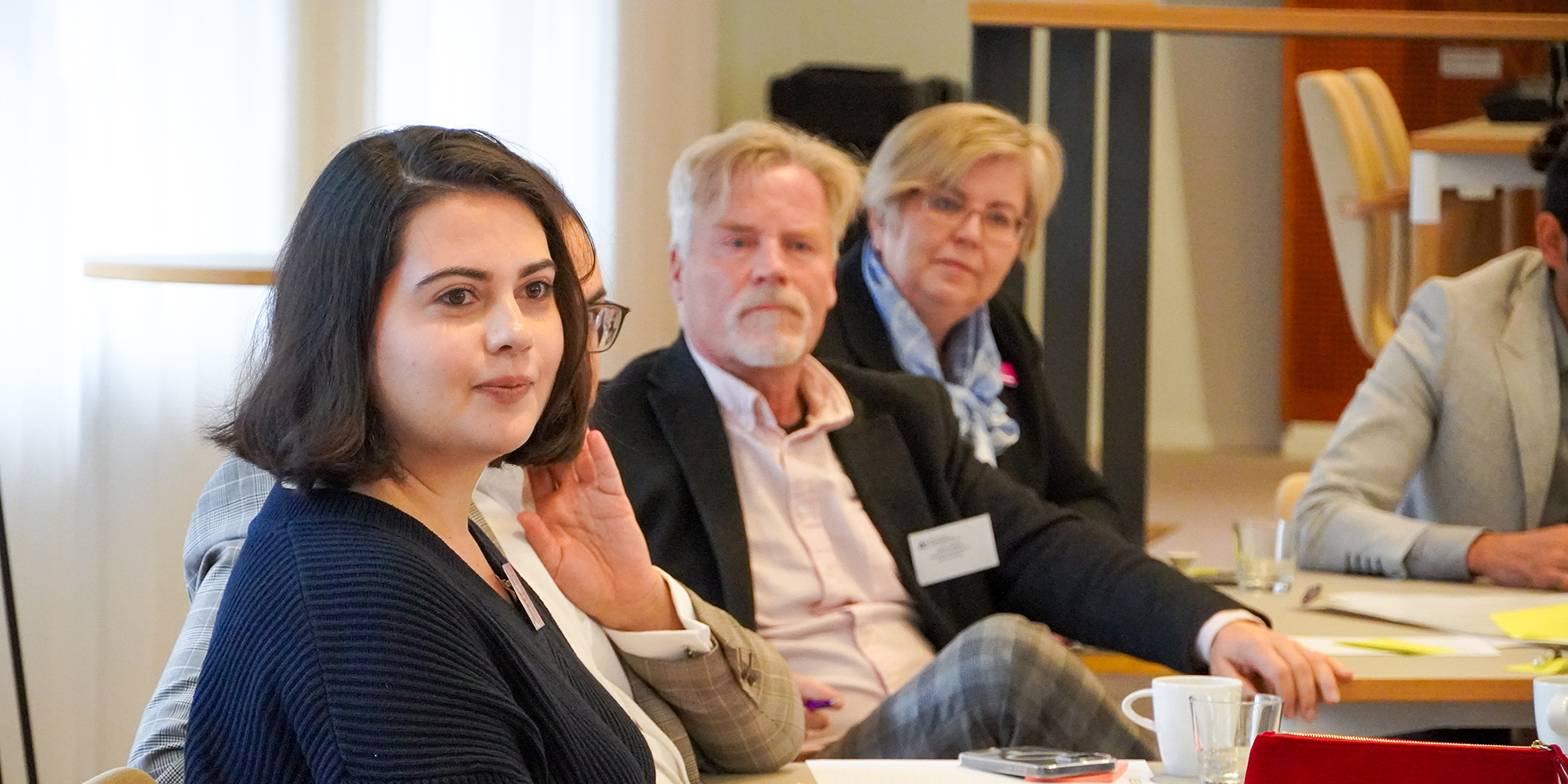The job market is bustling with people like me: young, eager, and with a recent undergraduate or graduate diploma in hand. We are one of the “next generations” that people talk about, but we are also warned about (especially by the media), as most of us fall in the infamous category of Millennials.
Negative stereotypes aside, young professionals are a pretty great bunch to work with. They look for meaning in what they do, they identify strongly with their values, and they aim to make the world a better place. Consequently, they are willing to work hard for things that matter, such as sustainable value chains, responsible citizenship, ethical business practices, and better humanity.
The ideological dating game
Finding a job for the first few times is a working life dating game that many of us, regardless of generation, experience. We go from flower to flower, trying on different hats in different companies, taking some time to settle down. For young talents especially, this match-making process is done on an ideological level: Do we believe in the same future? Are we building the same world?
Finding a job for the first few times is a working life dating game that many of us experience."
Hiring companies, too, are playing the dating game. Often, young graduates enter an organization as a trainee, and this temporary courtship is an efficient way to see how good the original match was. Can we create value for each other? And more importantly: is there potential for more? Traineeships and trainee programs have become increasingly common, and companies around the world are grasping the opportunity to mould young minds into future talents and leaders. At Aalto EE, for instance, we train budding talents in almost all functions and we design customized trainee programs for your clients, as well.
Potential for more
Once hired, young talents are in what I call a Play-Dough State of Mind. They are perceptive to new ideas and new ways of working, and they can’t wait to show their potential and capabilities. They have also been taught a growth mindset from the get-go, so they enter work life with an appreciation for lifelong learning. The next generations also have significantly less unlearning to do when it comes to topical strategic themes such as digitalization and automatization, design thinking, responsibility and societal impact, innovation agility, and leading with purpose and emotional intelligence.
In fact, many times young talents naturally embody these concepts that companies now wish to incorporate in their values, strategies, and operations. Recent graduates have been raised and educated in an environment where these phenomena are discussed as the new normal, as cornerstones of organizations and societies. Technological and business model disruptions are not intimidating buzz words but a commonplace occurrence and a source of strategic advantage. Corporate social responsibility is not an annual 200-page report but a value-based philosophy that guides business decision-making. Young talents are the role models of the future of work, as they are the experts, managers, and leaders of the 2020s and beyond.
A young and capable trainee brought up in the digital era is an investment for not only future value, but for current and emerging change efforts."
It is no wonder that young university graduates represent future imperatives. Aalto University, for instance, highlights that it educates game changers (source: Aalto University, 2018), and many other universities and polytechnics are also attracting students with a promise of change agency in their respective fields. Perusing through the World Economic Forum 2018 report on the future of jobs, notable change is needed and in motion, as new technologies are transforming capabilities and creating skills gaps. These changes have not gone unnoticed by any of us, and as a recent graduate from Aalto University School of Business, I am in complete agreement: we live and work in constant flux. I also believe young talents are natural change agents and value boosters for corporations looking to renovate and innovate during times of drastic working life transitions.
A better future together
A young and capable trainee brought up in the digital era is an investment for not only future value, but for current and emerging change efforts. As a Trainee at Aalto University Executive Education, I see both sides of this coin. A well-designed trainee program can help organizations gear up for the future of work, as companies are able to nurture, give shape to, and harness existing potential. Trainees, on the other hand, provide a fresh breath of air with new ideas, desired values already built-in, and the latest academic research and practical application in the back of their minds.
New talent is hardly the only solution to transformation pains, but fresh graduates can help create context for change, as effective change often happens best when it ignites on an individual grass-root level. I urge companies to welcome the future of work and its makers, and to train their trainees with care and long-term intention. Odds are, one day we will run the world – a world we are passionate to make better.





















